Previous Posts
When interpreting the results of a regression model, the first step is to look at the regression coefficients. Each term in the model has one. And each one describes the average difference in the value of Y for a one-unit difference in the value of the predictor variable, X, that makes up that term. It’s […]
In this 10-part tutorial, you will learn how to get started using SPSS for data preparation, analysis, and graphing. This tutorial will give you the skills to start using SPSS on your own. You will need a license to SPSS and to have it installed before you begin.
If you analyze non-experimental data, is it helpful to understand experimental design principles? Yes, absolutely! Understanding experimental design can help you recognize the questions you can and can’t answer with the data. It will also help you identify possible sources of bias that can lead to undesirable results. Finally, it will help you provide recommendations […]
Analysis of Means (ANOM) is an underappreciated methodology that has relevance to quality control and institutional comparisons.
There is a lot of skill needed to perform good data analyses. It is not just about statistical knowledge (though more statistical knowledge is always helpful). Organizing your data analysis, and knowing how to do that, is a key skill.
Interrupted time series analysis is a useful and specialized tool for understanding the impact of a change in circumstances on a long-term trend. The data for interrupted time series is a specific type of longitudinal data and must meet two criteria.
It’s easy to develop bad habits in data analysis. When you’re new to it, you just don’t have enough experience to realize that what feels like efficiency will actually come back to make things take longer, introduce problems, and lead to more frustration.
Multicollinearity is simply redundancy in the information contained in predictor variables. If the redundancy is moderate, it usually only affects the interpretation of regression coefficients. But if it is severe-at or near perfect redundancy, it causes the model to "blow up." (And yes, that's a technical term). But the reality is that there are only five situations where it commonly occurs. And three of them have very simple solutions.
Meta-analysis allows us to synthesize the results of separate studies. The goal is to assess the mean effect size and also heterogeneity – how much the effect size varies across studies.
One of the difficult decisions in mixed modeling is deciding which factors are fixed and which are random. And as difficult as it is, it’s also very important. Correctly specifying the fixed and random factors of the model is vital to obtain accurate analyses. Now, you may be thinking of the fixed and random effects […]

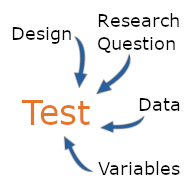
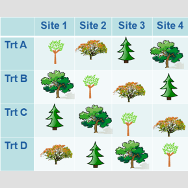
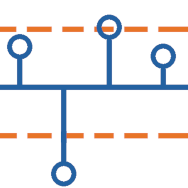
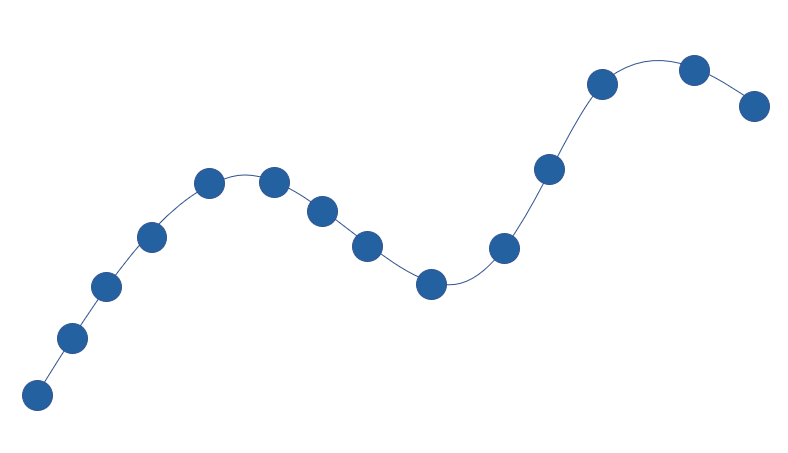
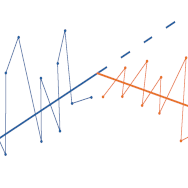

 stat skill-building compass
stat skill-building compass